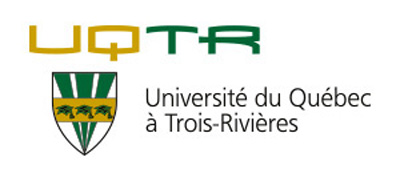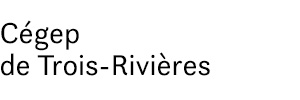Related projects
Discover more projects across a range of sectors and discipline — from AI to cleantech to social innovation.
Mitacs brings innovation to more people in more places across Canada and around the world.
Learn MoreWe work closely with businesses, researchers, and governments to create new pathways to innovation.
Learn MoreNo matter the size of your budget or scope of your research, Mitacs can help you turn ideas into impact.
Learn MoreThe Mitacs Entrepreneur Awards and the Mitacs Awards celebrate inspiring entrepreneurs and innovators who are galvanizing cutting-edge research across Canada.
Learn MoreDiscover the people, the ideas, the projects, and the partnerships that are making news, and creating meaningful impact across the Canadian innovation ecosystem.
Learn MoreCooking activities are the main source of indoor pollutant emissions. Domestic range hoods are the most efficient technology to ensure a good indoor air quality. However, a label guaranteeing a high capture efficiency does not exist yet in North America. Thus, running low efficient hoods at high air flowrates during and after cooking may ensure low concentrations of indoor pollutants in the kitchen, while being high energy demanding and noisy and leading to depressurize airtight. It is then of prime importance to develop numerical and experimental methodologies to first evaluate the capture efficiency of existing hoods and then to define new scenarios for future labelling purpose. A better insight into the flow dynamics and pollutant concentration is necessary to achieve those objectives.
Sébastien Poncet
Alla Eddine Benchikh Lehocine
Venmar Ventilation ULC
Engineering - mechanical
Other
Université de Sherbrooke
Accelerate
Discover more projects across a range of sectors and discipline — from AI to cleantech to social innovation.
Find the perfect opportunity to put your academic skills and knowledge into practice!
Find ProjectsThe strong support from governments across Canada, international partners, universities, colleges, companies, and community organizations has enabled Mitacs to focus on the core idea that talent and partnerships power innovation — and innovation creates a better future.













































































































































































































































































































